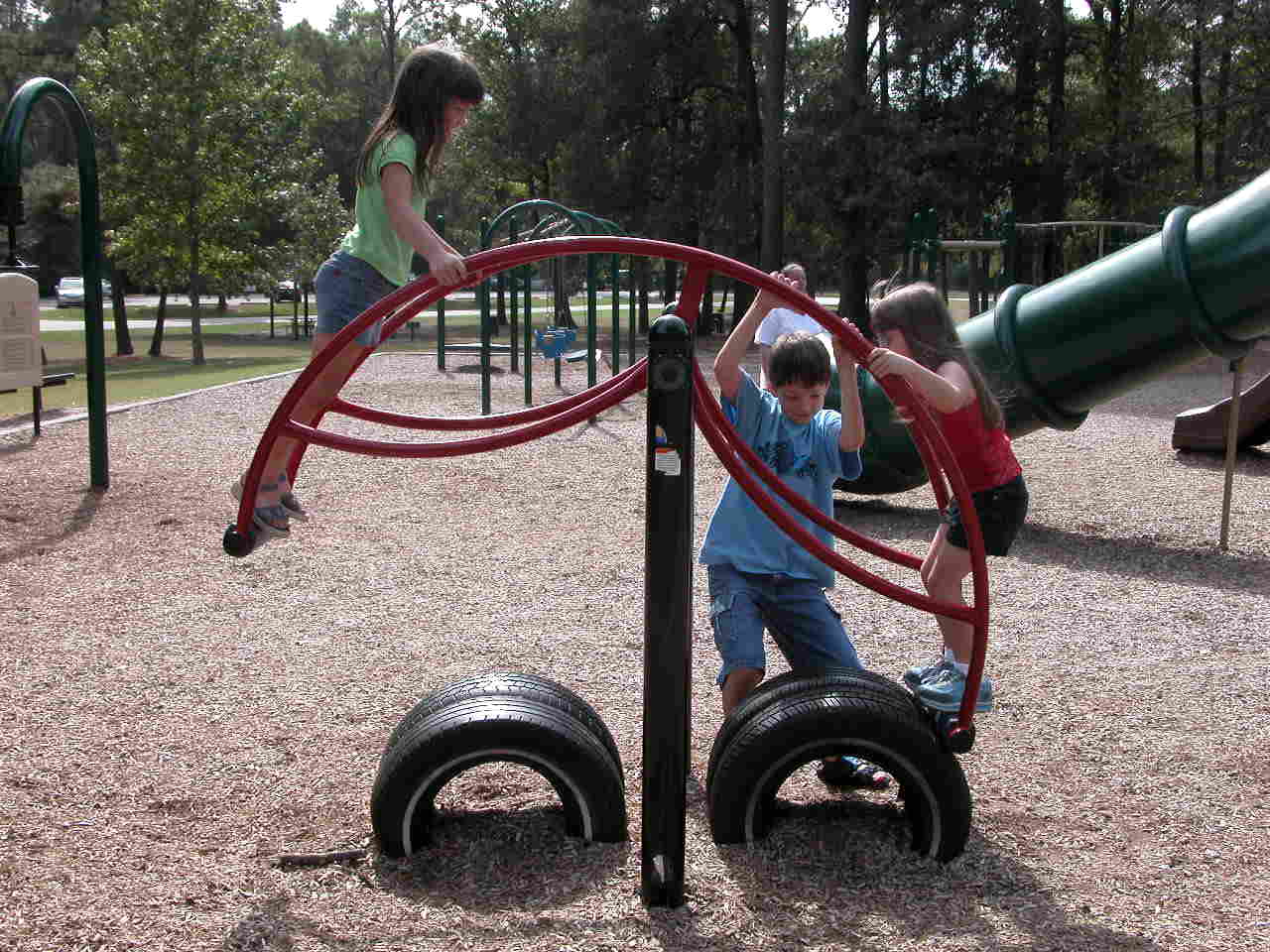A mom recently shared her concern with me about her child being a “pushover”. She said that even though she was just seven years old, that she was already seeing her daughter as more of a follower than a leader and looking towards the future, worried that her daughter might be willing to bend over backwards to please a peer or may even do something against her will just to make someone else happy. She wanted reassurance that this was not fixed for life and asked me for advice on how to turn things around.
We talked about some of her specific concerns such as her daughter giving special items away to peers and she asked if I thought that this may be her daughter’s way of winning them over or buying their attention. She expressed confusion as to why this may be since she and her husband doted on their child and gave her lots of their time and attention. I suggested a reframe: Perhaps, I said, it was because her child was so used to getting their attention and unconditional love that she couldn’t understand why she might not be getting the same from her peers. I recommended, of course, that they not withdraw their attention or love, but that this, combined with a child’s desire to belong and feel included in her peer group, along with her generous nature, may be propelling her to behave as she was.
As most parents do, this mom also expressed concern about what might happen when her child grew older – even into teenage hood – and continued to be a “pushover”. What, she asked, might happen when her child was introduced to drugs or alcohol? What might happen if she followed the cool kids who weren’t the best influence? I reassured the mom that she had at least the next 5 or 6 years to monitor the situation and continue to guide her child towards making wise decisions and choices. I recommended that she read children’s books that complemented the message she was working to deliver – those that allowed her child to project herself onto the pages that offered stories about one child following another down the wrong path and the consequences of doing so. In doing my own research, I found it difficult to find a specific title for a seven year old but did come across a book titled Peer Pressure: Deal with it without losing your cool (Slavens, Shannon) which I thought would be a good book for the mom to review and parts of which to share with her child.
I also suggested that rather than lecturing or admonishing her daughter for behaviour that triggered this mom’s worst fear of her being taken advantage of by others, that she encourage more of the behaviours she hoped to see by making comments such as “I love how you stood up for what you believed in”.
Finally, I asked the mom about her parenting style and expectations. I shared that despite her best intentions, that her parenting style may actually be contrary to what she was trying to instil in her child. What I mean by this is: if you want your child to become a leader and think for him or herself, don’t fret that she has “a mind of her own” or that he doesn’t like to be told what to do. Of course, there need to be parental limits and boundaries set, but as much as possible, encouraging independent thought, asking questions that allow your child to learn from his experience and the behaviour of others may be some ways in which to encourage a child to feel capable of making good decisions and not following others blindly or becoming a pushover.
If you, like most parents, worry about your child’s future or are concerned about remaining the most powerful influence for as long as possible, you may be interested in reading my latest book, How to Influence Your Kids for Good (Harper Collins Canada) on shelves and online.
